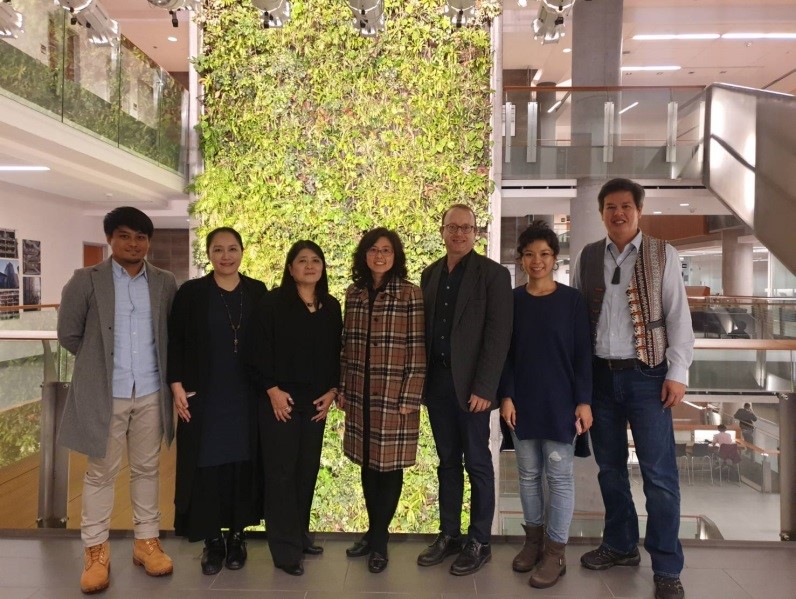Chair of Taiwan Studies Roundtable at the University of Ottawa on “Indigenous historical and transitional justice in Taiwan”

An “Indigenous historical and transitional justice in Taiwan” roundtable discussion on the promises and challenges of transitional justice in Canada and in Taiwan was held at the University of Ottawa on October 1, hosted by Prof. Scott Simon from the university’s School of Sociological Anthropological Studies. The Roundtable was organized by the Chair of Taiwan Studies which is sponsored by the University of Ottawa’s Faculty of Social Sciences, and by the Ministry of Education in Taiwan. A delegation of indigenous scholars and activists from Taiwan who were visiting Canada as part of international solidarity exchange on Truth and Reconciliation gave presentations at the Roundtable.
It began with a prayer by Claudette Commanda, a law professor at Ottawa University, who is herself an Algonquin Anishinabe from Kitigan Zibi Anishinabeg First Nation. Prof. Jolan Hsieh then spoke about Indigenous Historical Justice and Transitional Justice in Taiwan and indigenous education there. She said that it was an important step when President Tsai Ing-wen apologized on behalf of the government to Taiwan's indigenous peoples on August 1, 2016, the Indigenous Peoples' Day, and announced plans to establish the Presidential Office Indigenous Historical Justice and Transitional Justice Committee. President Tsai also gave a commitment that she herself would chair each meeting – meetings which would be held every three months. This is the beginning of communication between the government and the indigenous peoples.
Prof. Veldon Coburn from the Canadian and Aboriginal Studies at the University of Ottawa and a member of the Algonquins of Pikwàkanagàn First Nation then spoke about Truth and Reconciliation in Canada. On September 30, the National Centre for Truth and Reconciliation in partnership with Canada’s Aboriginal People’s Television Network (APTN) hosted a ceremony in the Grand Hall of the Canadian Museum of History in Ottawa. As part of the National Day for Truth and Reconciliation, a cloth with the names of 2,800 Residential School students who never made it home was displayed during the ceremony to honor those students and return their names to their communities so that their families can begin healing.
There were many heated and deeply moving discussions at the Roundtable on the subjects of “national self-awareness”, “self-identification”, and “continuous dialogue and action”. Indigenous peoples are usually ethnic minorities in a country. They face great challenges as they work to preserve their language, and culture and control of their traditional land, as a result of ongoing effects of the government's past policies. Indigenous and non-indigenous people have negative thoughts about each other, and there is a need for dialogues between them to resolve the long-standing misunderstandings. There are many similarities in the respective historical and transitional justice processes for Taiwan’s indigenous peoples and Canada's indigenous peoples, and most of the participating scholars agreed that more exchanges and learning opportunities should therefore be held.
